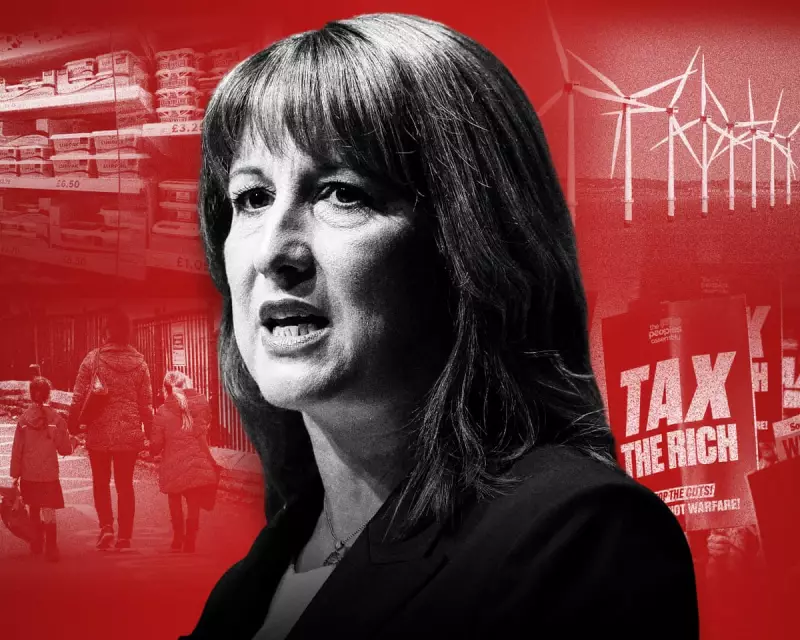
Chancellor's Debut Budget Sparks Intense Debate
Chancellor Rachel Reeves has delivered her first major budget amid significant political pressure, unveiling a series of measures that have drawn both praise and criticism from across the political spectrum. The budget represents Labour's attempt to balance economic responsibility with social justice, though experts remain divided on whether it strikes the right balance.
Key Measures and Social Reforms
The centrepiece of the budget is the abolition of the two-child benefit cap, a move that will lift approximately 450,000 children out of poverty according to government estimates. This represents one of the most significant anti-poverty measures in recent budget history. Additional child-focused initiatives include universal nurseries from nine months, expanded breakfast clubs, more free school meals, and a youth guarantee programme.
Other notable measures include a £900 annual increase for 2.4 million minimum wage workers, frozen prescriptions and fuel duty, and rail fare freezes expected to save commuters around £300 annually. Energy bills will be eased through the transfer of green levies to the Treasury, while a new council tax surcharge targets properties valued over £2 million.
Taxation and Economic Strategy Under Scrutiny
The budget introduces what critics are calling a 'mansion tax' through increased council tax rates on high-value properties and higher rates on investment income. However, experts question whether these measures go far enough. Urban sociologist Abi O'Connor argues that the current council tax system, unchanged since 1991, fundamentally reinforces regional inequality and that genuine reform requires a proportional property tax system.
Meanwhile, Andy Summers of LSE suggests the government has missed an opportunity for comprehensive tax reform, describing the changes as 'ad hoc revenue-grabs' rather than principled structural improvements. The freezing of income tax thresholds effectively constitutes a tax rise for many workers, drawing criticism from those who believe the wealthiest should contribute more.
Mixed Reactions and Future Implications
The budget has revealed significant divisions in economic thinking. Millionaire investor Julia Davies, representing the Patriotic Millionaires group, argues the government should have been more ambitious in taxing extreme wealth, suggesting an annual wealth tax would better address inequality. Meanwhile, Guardian columnist Polly Toynbee sees the budget as a return to Labour values, though she acknowledges it may not be 'brave or radical enough' to reverse the party's political fortunes.
As the government faces the challenge of stimulating growth while addressing inequality, this budget sets the tone for Labour's economic approach. With further budgets planned, the pressure remains on Chancellor Reeves to demonstrate that her fiscal strategy can deliver both economic stability and social progress.





